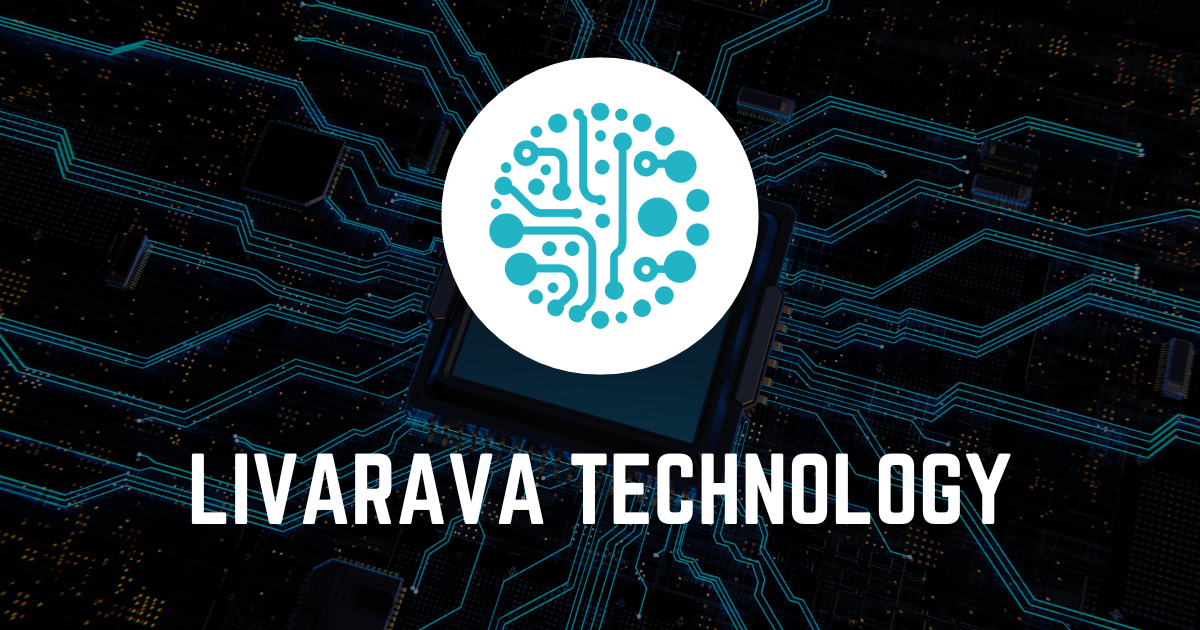Transforming Legacy C Code to Rust with AI: Insights from DARPA

DARPA's Initiative for Software Modernization
The Defense Advanced Research Projects Agency (DARPA) has put forward a solution that leverages artificial intelligence to transform outdated C code into the modern programming language Rust.
Why Transition to Rust?
- Increased Security - Rust is known for its focus on safety, which can significantly reduce vulnerabilities in software.
- Improved Maintainability - The structure of Rust can make code easier to maintain and understand.
Challenges with Legacy Code
- Legacy systems often have limitations in performance and security.
- Updating these systems can be complex and costly.
This AI-driven approach aims to address the difficulties organizations face while dealing with legacy systems. The adoption of such technologies may inspire further innovations and advances in the field of software development.
This article was prepared using information from open sources in accordance with the principles of Ethical Policy. The editorial team is not responsible for absolute accuracy, as it relies on data from the sources referenced.